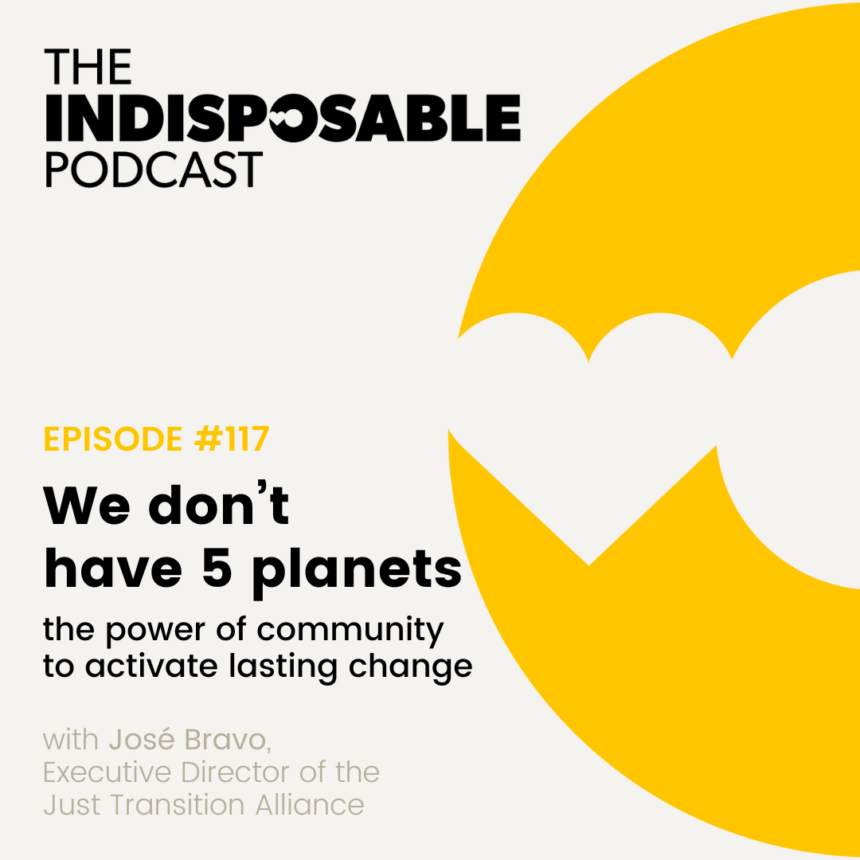In this inspiring Upstream Indisposable Podcast episode, host Priscilla Johnson talks with our Executive Director José Bravo about building grassroots power and bringing restorative justice to frontline communities.
José says, “There is nothing like knocking on somebody’s door and having a conversation, and building community. That’s super important because you start to understand that there are people who think like you, and there are people who understand where things should be.”
Later, he describes how “There’s been a lot of game-changing solutions. In particular, when we’re talking about exposure to chemicals, I think that there are communities that are over-impacted by the exposure to chemicals. There’s communities that have literally the extraction of what will later become a chemical, the production of that chemical, the use of that chemical, and then later the disposal of that chemical. So, in communities of color and low-income communities in the United States in this case, we see that chemicals keep on giving at different parts of the cycle of production and use. And I think for us, it’s about forming local economies to scale.” José elaborates, “The solutions are local economies to scale, and we’re seeing that happen. We’re seeing farmworker communities actually work their own land and produce their own food for their own people. So there’s examples of Familias Unidas por la Justicia up in the Bellingham area of Washington, where folks have said, ‘We’re going to purchase our own land, we’re going to produce the things that we need, and it’s going to be sustainable and non-toxic.'”

